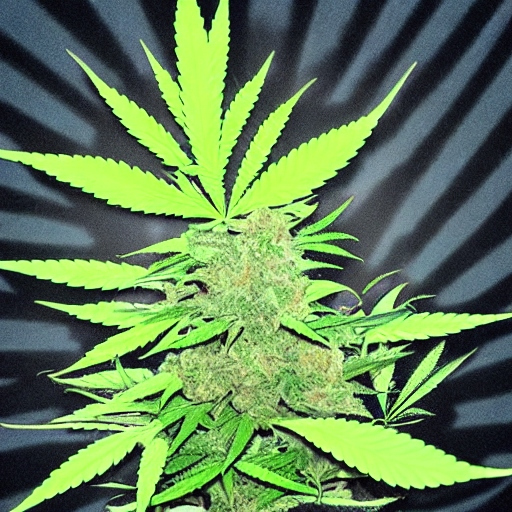One of the most distinctive characteristics of cannabis is its strong, pungent odor. The smell of cannabis has been described as earthy, musky, and even skunky. But why does weed smell so skunky, and what causes this distinctive aroma?
The answer lies in the terpenes, or aromatic compounds, that are found in cannabis. Terpenes are found in a wide variety of plants and are responsible for giving them their distinctive smells. In cannabis, terpenes are found in the sticky resin glands known as trichomes, which are concentrated on the buds and leaves of the plant.
One of the most common terpenes found in cannabis is called beta-caryophyllene. Beta-caryophyllene has a distinctive spicy, peppery aroma that is often described as “skunky.” This terpene is also found in a variety of other plants, including black pepper and cloves.
Another terpene that contributes to the skunky smell of cannabis is myrcene. Myrcene has a musky, earthy aroma and is found in many other plants, including mangoes and hops. Myrcene is also believed to play a role in the sedative effects of some strains of cannabis.
In addition to terpenes, there are other compounds found in cannabis that can contribute to its strong smell. These compounds are called thiols, and they are responsible for the distinctive smell of onions and garlic. Some strains of cannabis contain higher levels of thiols than others, which can contribute to a particularly pungent aroma.
Interestingly, the skunky smell of cannabis may actually serve a purpose. Some researchers believe that the strong odor of cannabis may have evolved as a defense mechanism against predators. By producing a strong, pungent smell, cannabis plants may deter animals from eating them.
The skunky smell of cannabis is due to the presence of terpenes, particularly beta-caryophyllene and myrcene, as well as other compounds like thiols. While the smell may be off-putting to some, it may actually serve a purpose in deterring predators. Understanding the chemistry behind the smell of cannabis can help us appreciate this complex and fascinating plant even more.




